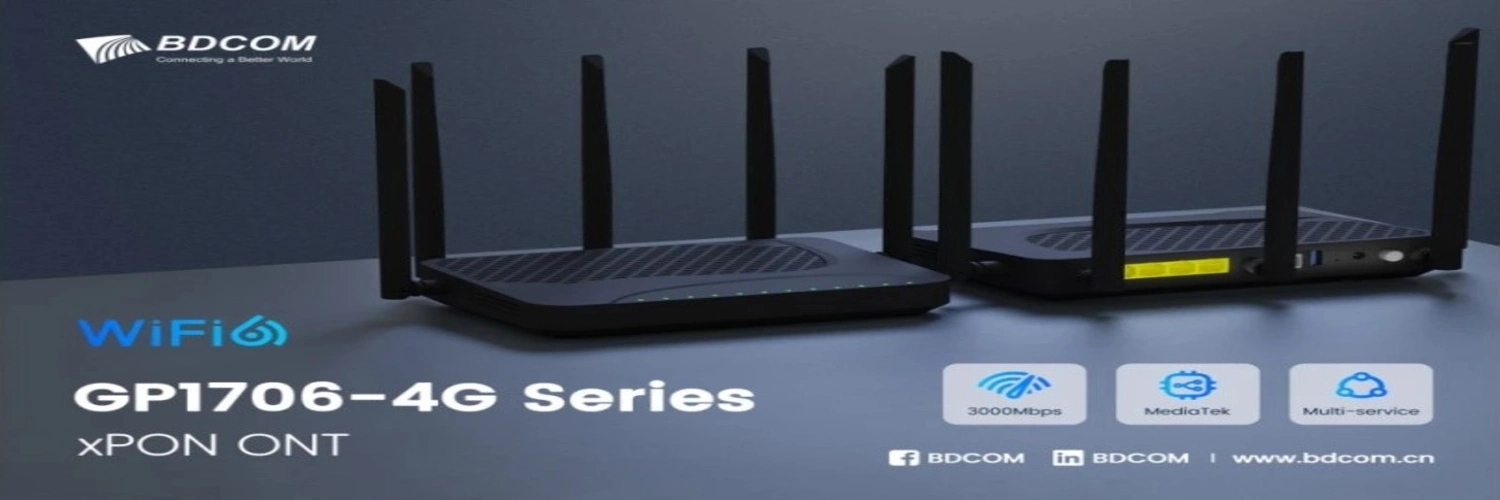What is a Router?
A router is a network device that routes data packets in computer networks and connects different networks. It enables communication between two or more networks and routes data packets to the most appropriate path. Routers, which are generally used in homes, workplaces and large-scale network infrastructures, have important functions such as internet access, intra-network communication, security and data management.
What Does a Router Do?
Network Routing
A router enables communication by routing data packets between different networks. This enables computer-to-computer communication, internet access and other network services.
IP Address Management
The router assigns IP addresses to devices on the network and enables them to communicate with each other through these addresses.
Security
With its firewall features, the router monitors and filters data on the network and blocks malicious traffic. This protects devices on the network from potential threats.
Subnet Creation
The router can be used to divide the network into subnets and enable communication between these subnets. This makes network management more effective.
Port Management
The router routes data arriving at different ports to the correct device. This makes it possible to use certain services between devices on the network.
Uses of Routers
Home Networks
Home routers typically provide Internet access, enable file sharing between family members and connect devices in the home.
Workplace Networks
In the workplace, routers facilitate communication between departments, provide internet access in and out of the office, and manage internal network security.
Internet Service Providers
ISPs use routers to provide Internet access to their large customer base.
Large Enterprise Networks: In large-scale companies, routers manage complex network infrastructures, interconnect subnets and route large data streams.
Advantages of Routers
Effective Communication
Routers make data transmission between different networks fast and efficient.
Security
Routers protect data on the network with security measures and firewalls.
IP Management
Routers allow devices to be identified and managed via IP addresses.
Subnet Creation
Makes the network more manageable by creating subnets.
Traffic Management
Routers manage and optimize traffic on the network, which makes data transmission faster. Routers, as one of the key components of modern communication infrastructure, are an indispensable part of computer networks with various advantages and areas of use.

